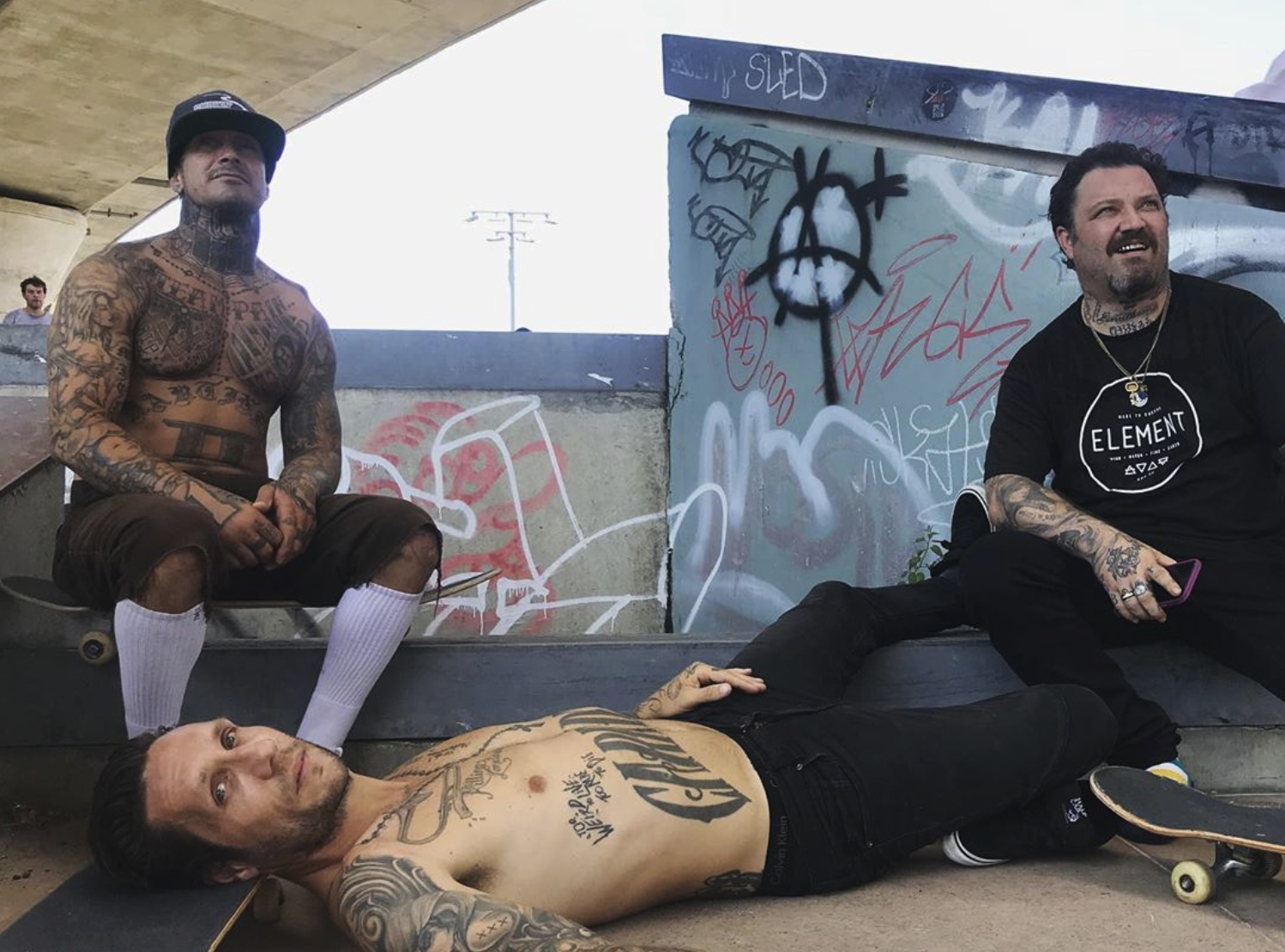Methadone Addiction Intervention
Methadone is a synthetic analgesic opioid that shares similarities with morphine but produces longer-lasting effects. Methadone is available through prescription only and can be used to treat pain and addictions like heroin and morphine dependence. Although this medication helps treat certain drug addictions, it also has a potential for abuse. Methadone changes the way your brain responds to pain, offering relief. It can also block the high caused by drugs like cocaine, heroin, hydrocodone, oxycodone, and morphine while preventing withdrawal symptoms. Unfortunately, it’s also possible to become addicted to methadone because of the side effects it produces, like pleasure and pain relief.
As with any other drug, methadone dependence can also lead to a host of physical and emotional problems. An addict’s health and relationships with others may suffer at the hands of methadone addiction. Despite the damage this condition can cause, a user may still struggle to quit or deny help. That’s where a methadone addiction intervention steps in. Former professional skateboarder and recovery advocate Brandon Novak offers methadone intervention services to people who have a loved one dependent on this drug. He’s assisted numerous families across the country get their family members the help they need, and he can help you too.
What Is a Methadone Intervention?
A methadone intervention is a meeting that’s held by the loved ones of an addict to convince the individual to receive addiction treatment. Many people with substance abuse disorders are blind to their conditions or refuse to get help. Addiction is a tough chronic disease that can overcome a person’s mind to the point where they don’t want to imagine a life without drugs. Long-term methadone addiction can eventually lead to numerous health and relationship problems. In this case, a methadone addiction intervention can help. The purpose of an intervention for methadone abuse is to help the addict recognize their problem and encourage them to seek out professional help.
If you’ve never heard of these meetings or attempted to set one up on your own, then you may not know what happens at a drug intervention. A methadone intervention is first decided and set up by the leader of the group. The group that’s hosting and attending the intervention should consist of the addict’s closest loved ones. Avoid including distant relatives or friends. Once the group is set up, they would then appoint a leader or point person who may work alone or with a specialist to determine the time, place, and location of the meeting. A script or guideline that details how the intervention will go should also be written ahead of time. These scripts are meant to keep the meeting organized and prevent any distractions. Once these details are decided, a few members of the group have to then figure out how to get the individual to the meeting sober and without revealing that it’s an intervention. While this may sound like a trap, it’s important to remember that this intervention is being held for someone who refuses to get help. It’s important to get them to the meeting so they can hear each person’s perspective and understand the scope of their substance abuse disorder.

Signs of A Methadone Addict
A person with a methadone addiction will begin to exhibit certain physical and behavioral symptoms. As their condition worsens, these symptoms may become more obvious. It’s important to be able to recognize the signs and symptoms of methadone addiction to get the person help even when they don’t realize they need it.
Some common signs of being addicted to methadone include:
- Frequently tired or fatigued
- Changes in sleep pattern
- Labored breathing
- Confusion
- Nausea or vomiting
- Mood swings
- Changes in behavior
- Decreased reaction time
- Shortened attention span
- Empty pill bottles or other drug paraphernalia
- Droopy eyelids
- Dilated pupils
Realizing that your loved one has a methadone addiction can be terrifying. Their refusal to any of your efforts to help them can be disheartening. If you’re worried about a friend’s or family member’s substance abuse disorder, the best thing you can do is set up an intervention for methadone addiction.

How Can an Intervention Specialist Help?

A certified intervention specialist (CIP) is a person who is licensed and trained to organize and lead substance abuse interventions. While it’s possible to set these meetings up on your own, the guidance of a CIP can alleviate any stress that could affect the progress of the meeting. There are several reasons to hire an intervention specialist. For one, having a CIP there to help you organize the meeting can ensure that no details are missed. A specialist can also ensure that the meeting is organized appropriately and includes helpful features, like intervention letters. Each member is meant to write an effective intervention letter that expresses their love and concern for the individual. These letters are read out one by one during the meeting. A CIP can also intercede if any family drama or emotional outbursts occur. These can take away from the purpose of a methadone addiction intervention and make the addict feel cornered. An intervention specialist can also educate the group about addiction and clear up any misconceptions or stigmas of substance abuse.
Methadone Addiction Intervention With Brandon Novak
As a CIP and community outreach representative for Banyan Treatment Centers, a nationwide network of drug and alcohol addiction treatment, Brandon Novak travels across the country sharing his recovery story and helping families get help for their loved ones. His personal experience with drug abuse and rehabilitation services equips him to answer questions regarding rehabilitation admission and intervention services.
If you or someone you know is struggling with methadone dependence, Brandon can help. Call him today at (610) 947-5587 for more information about Novak’s House and the additional intervention services he offers.
Related Reading:

